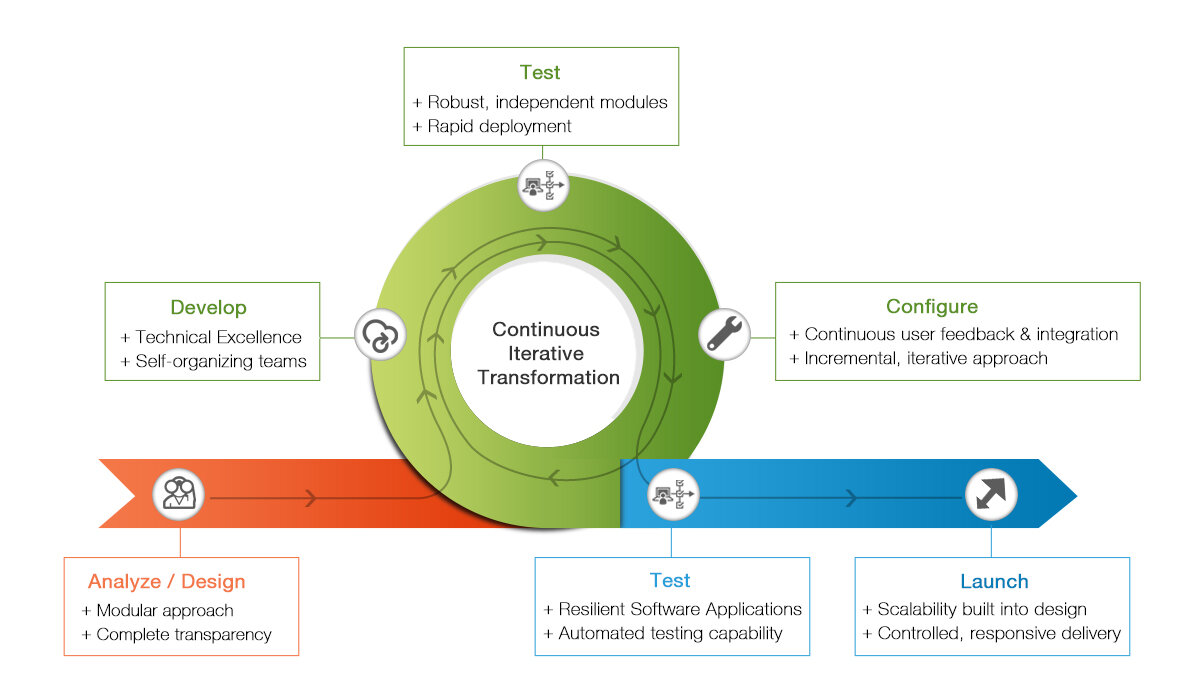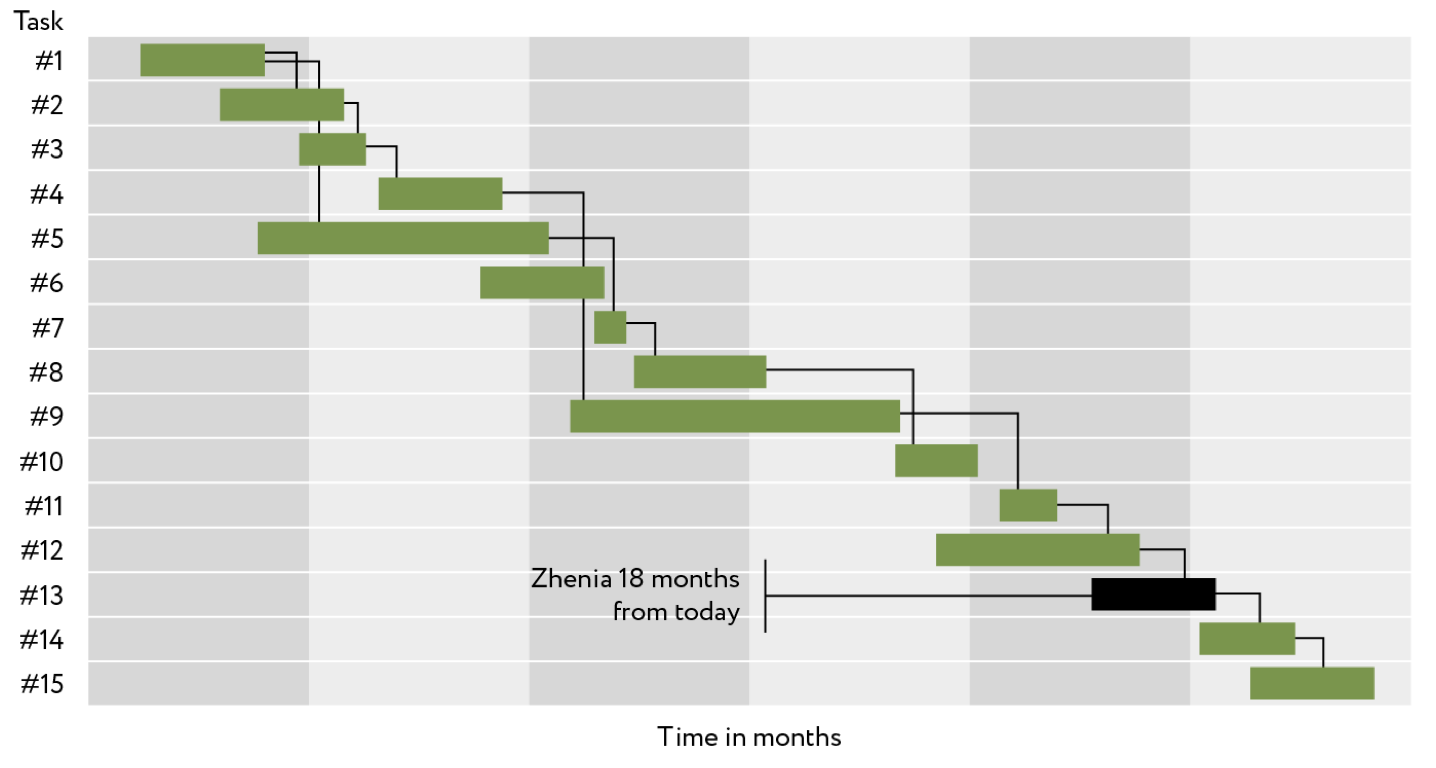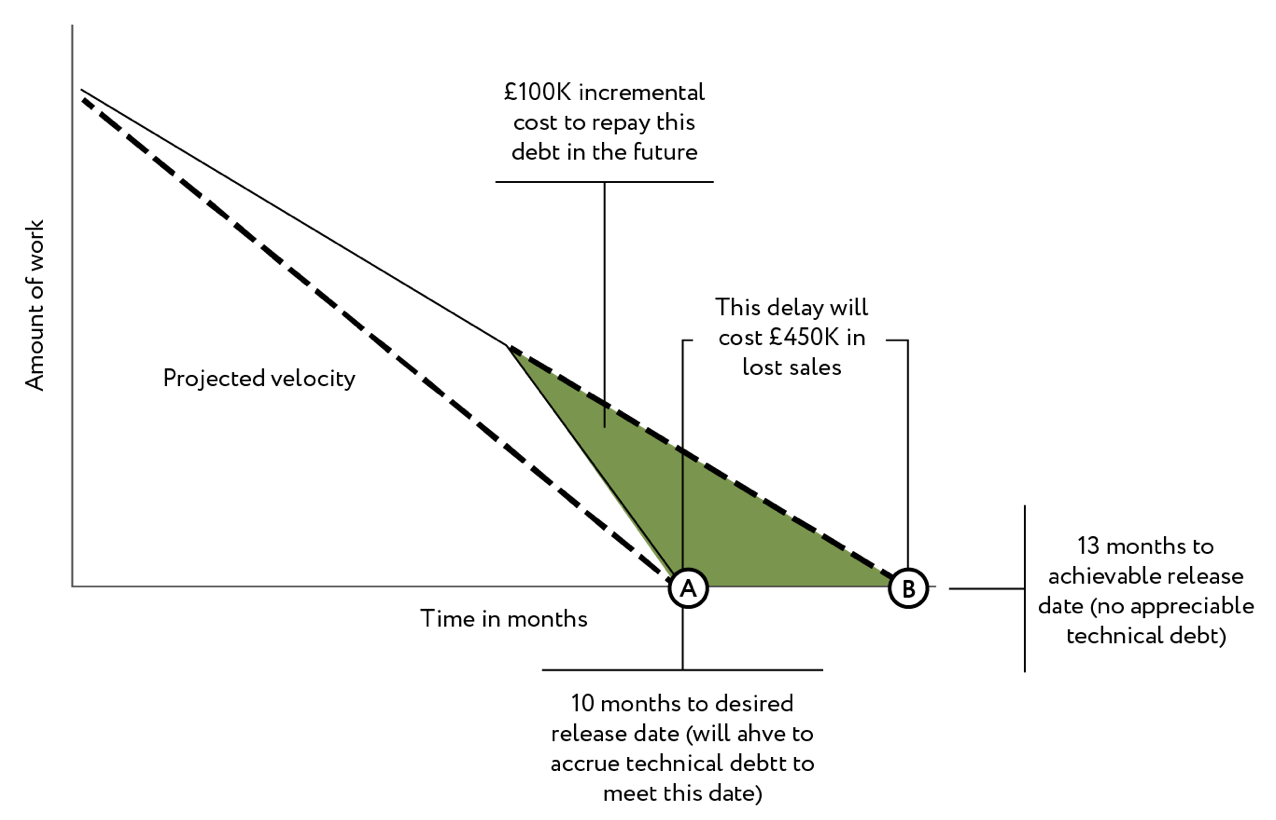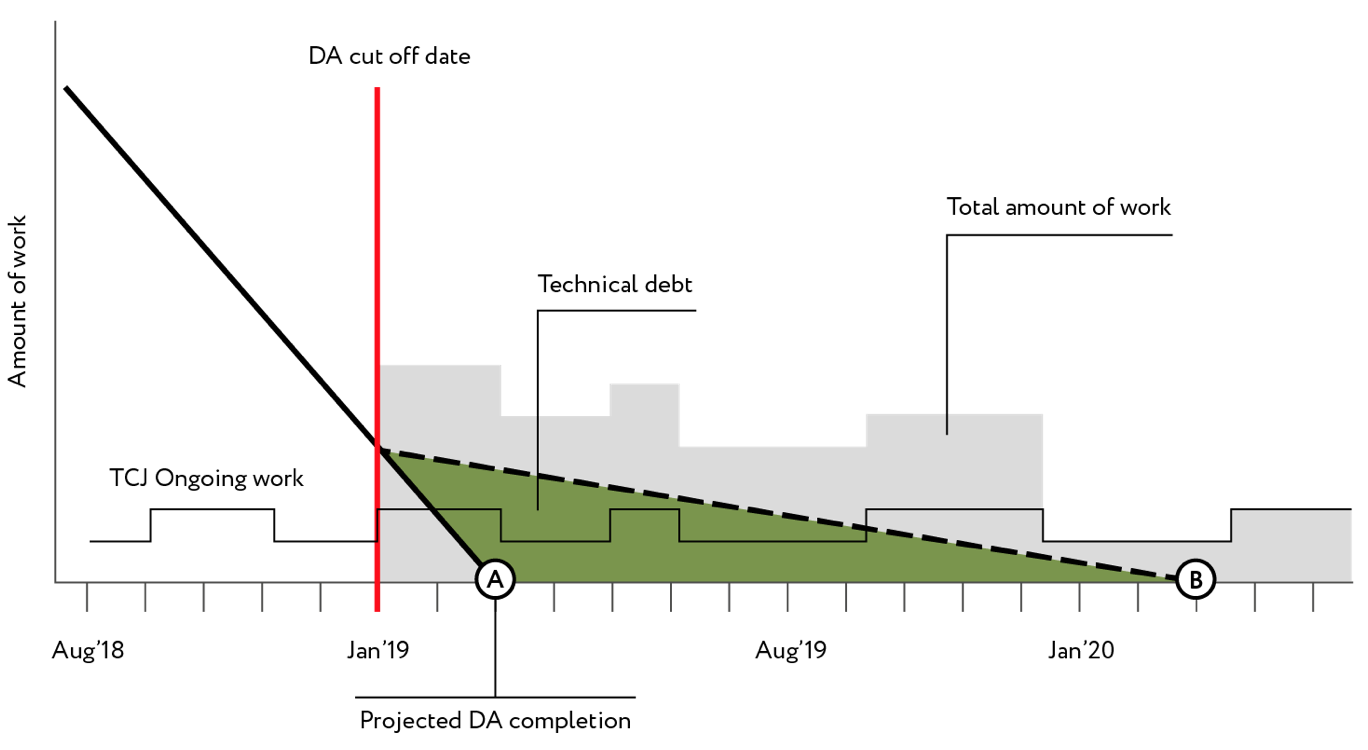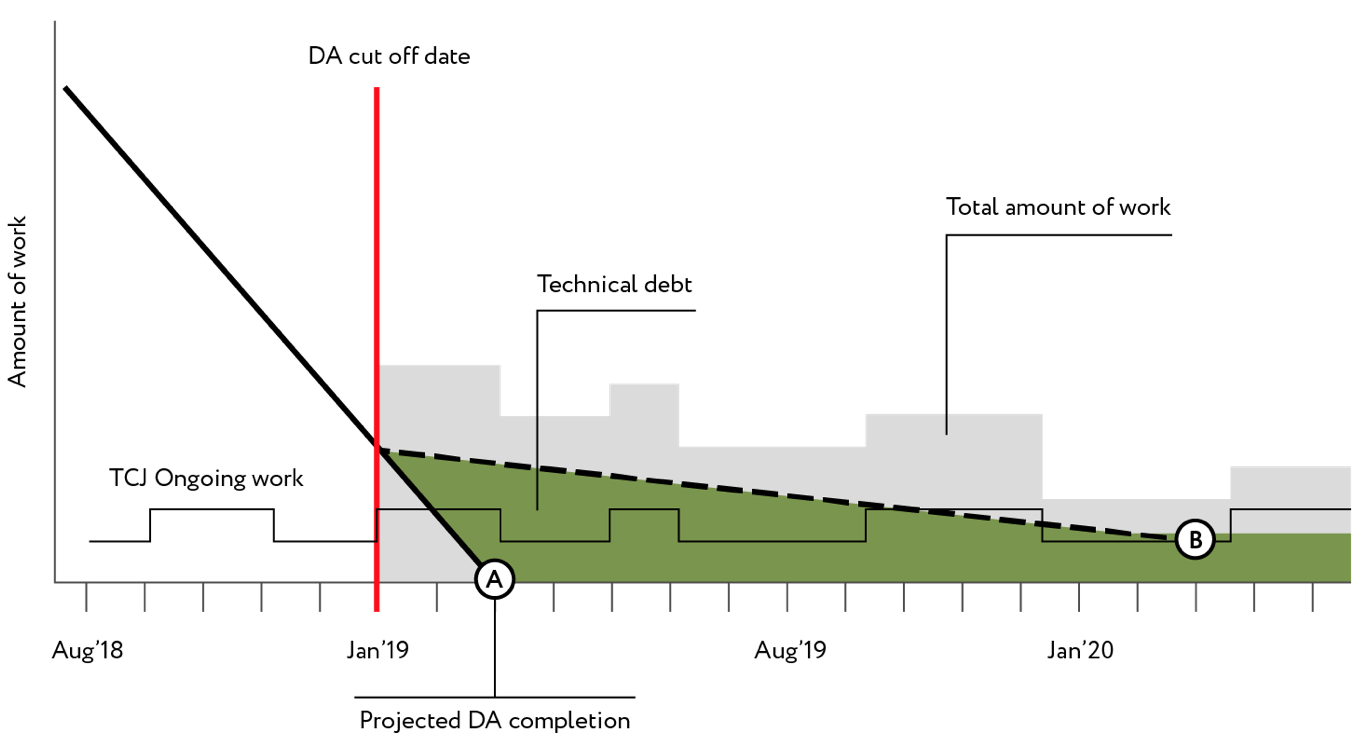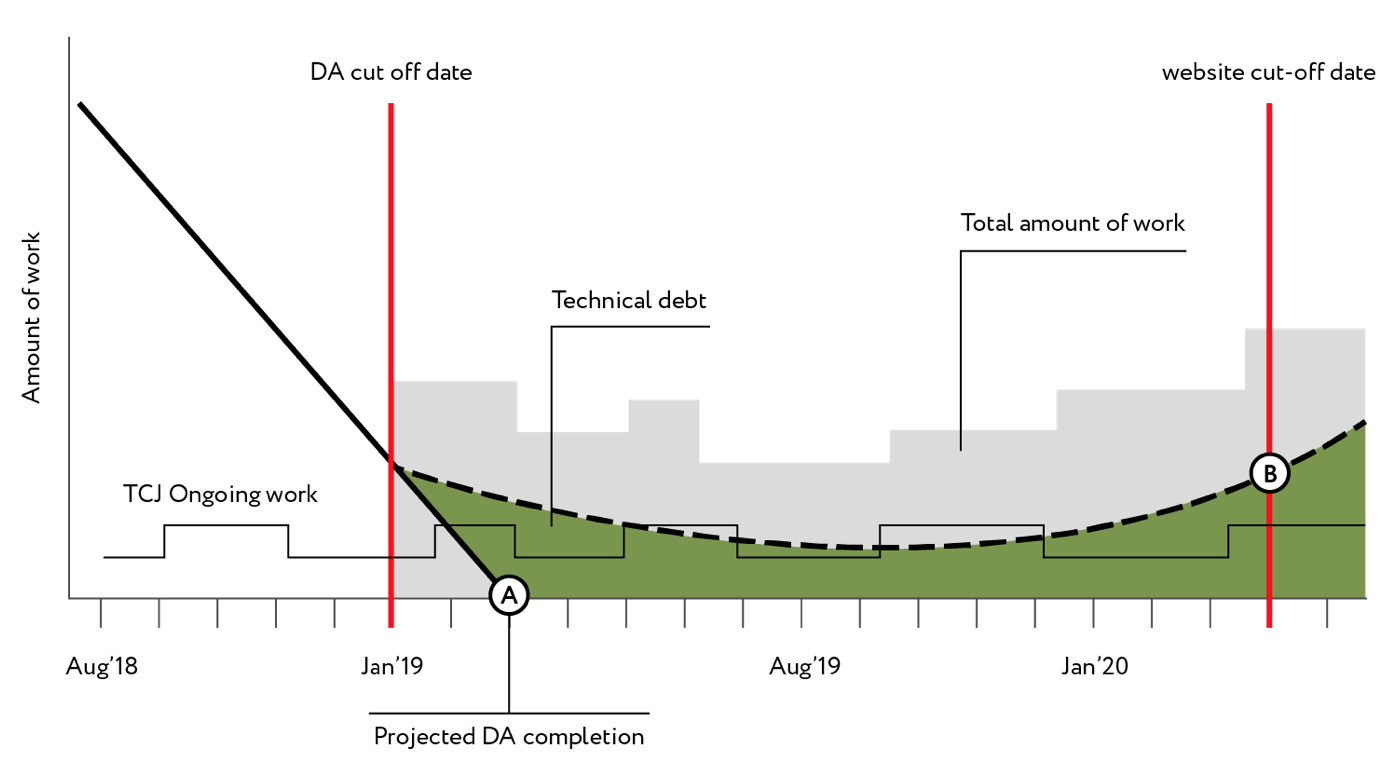Woodcock, Jamie. 2015. A Worker’s Inquiry in a UK Call Centre : the Labour Process, Management, and Resistance. Doctoral thesis, Goldsmiths, University of London [Thesis]
The Call Centre, s01 e01 still. Source : youtube
Summary
Claim: Worker and manager are opposed. Workers' are seen as ability to resist is confronted by the idea of "the victory of management" (4). A key theme developed in the thesis: refusal of work (4).
Aim: to uncover the extent and form of resistance by call centre workers (8).
Supports/opposes who: Marx, Johnston-Forest Tendency, Socialisme ou Barbarie (Catroiadis, Lefort) and International Socialists in Britain. Operaismo. Burawoy's (1979) sociological extended case method. Taylor and Bain's (1999:109) research on call centre work. Mulholland (2004).
Questions (17):
- How is the labour process organised in a call centre?
- What are the emotional and affective components of the labour process?
- What is the class composition of workers in call centres?
- What techniques of supervision and control do management use?
- What is the role of technology in the call centre?
Is there resistance in the workplace? - What are the possibilities for organisation?
Method: Theory: analysis of the development and organisation of call centres. Empirical: a detailed ethnographic account. Case study: Trade Union Cover, a private company that sells insurance to trade union members. Sociological methods of discussions, working in a call centre (following the example of Burawoy), and collectively writing up the experience over a period of three years. 10 call centres were involved.
Why important: contributes to an understanding of the labour process, management techniques, and the possibilities for resistance in a call centre.
Chapter breakdown:
1. Introduction
2. Literature review
3. Methodology
4. Ethnographic: call centre workplace
5. Ethnographic: management
6. Worker resistance
7. Challenges for organising: contemporary trade unionism in the UK
Relevance to my research: deals with concepts I use in my analysis.
- - - -
Why call centers? These are selected because they lay on the intersection of two areas of project's interests: on the one hand, they are non-unionised, on the other, they present an example of a post-industrial service economy.
Naysayer from my side: However, what I find find lacks here is the evidence that this example can stand to represent all of contemporary work landscape. To me, the problem with post-industrial model is precisely being heterogenous - a variety of different occupations do not use the same traits. A call center in this context can be argued an example of how in some cases industrial, eg factory ways of labour still exist after the information society paradigm shift. This is why the traditional worker's inquiry methods work when applied to this model. In other types of work, such as software engineering, high levels of competence of workers is combined with distributed character of workforce and blurred distinction between the worker and the manager. Here, it would be problematic to talk about worker/manager opposition and worker organisation based on location.
Studies focused on the workplace: Huw Beynon's (1973)
Working for Ford, Anna Pollert's (1981) Girls, Wives, and Factory Lives, Ruth Cavendish's (1982) Women on the Line, and a number of studies by Michael Burawoy (1979) starting with Manufacturing Consent. Woodcock notes that a new research is needed, since there were number of important changes since these studies were undertaken (9). More recent studies, specifically on the call centres include Houlihan (2002), Taylor and Bain (2003), and Kolinko (2002).
Further notes on methodology:
Analysis of how historically, workers’ inquiry was broken from in search of new organisational forms. Three examples: US, France, and Italy (Operaismo). Applying Burawoy's framework to come up with propositions for such organisational forms in the contemporary context. Woodcock mentions (and adapts) the method described in Marx Capital's chapter 10 for ethnographic research (Harvey, 2010:141).
He notes one-sidedness of Capital in that "the subject of Capital, as the name perhaps implies, is capital – rather than workers' (49), which makes it problematic to take Capital as inspiration for workers' inquiry.
Operaismo is described as a doctrine that, contrary to Capital, places the worker in the centre of attention. Its method was rooted in empirical "investigation into the subjectivity of the workers at the [Olivetti and FIAT] factories" (60). Relationship between sociology and Marxism seen as fragile, due to Marx's suspicion of certain forms of sociology, and sociology's suspicion of politics, such as political conception of the working class.
Directions for future research. The failure to negotiate unionisation in the empirical study contributes to the debate on new trade union models. The method could be used in other studies that engage with workplaces involing precarious contracts with low pay and poor conditions.
Bibliography:
Harvey, D., A Companion to Marx’s Capital. London: Verso, 2010.
Marx, K., 1880. “A Workers’ Inquiry.” New International, 1938, 4 (12): 379–81.








